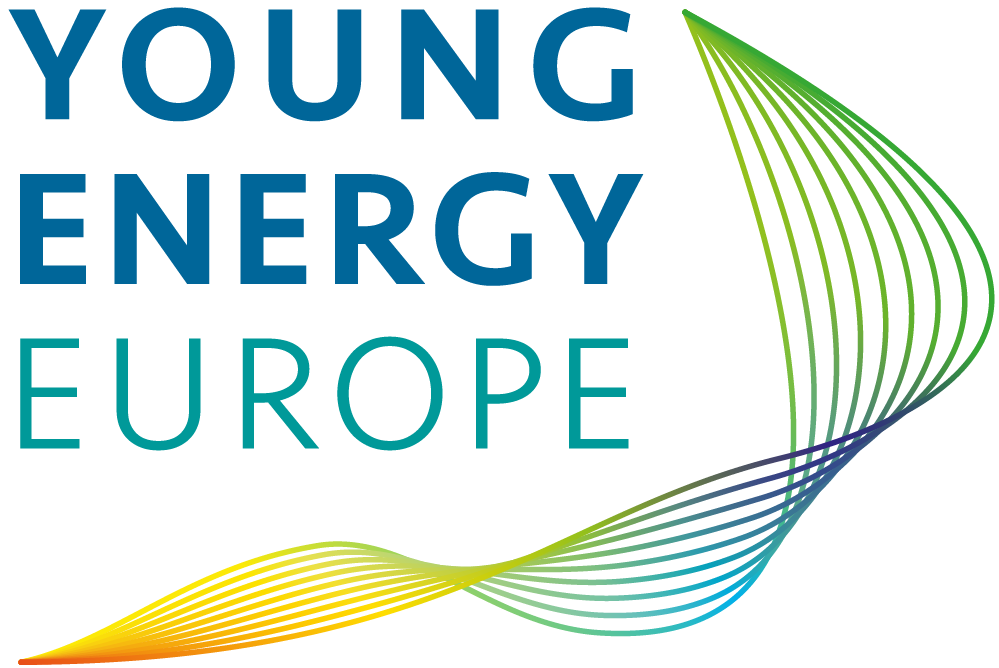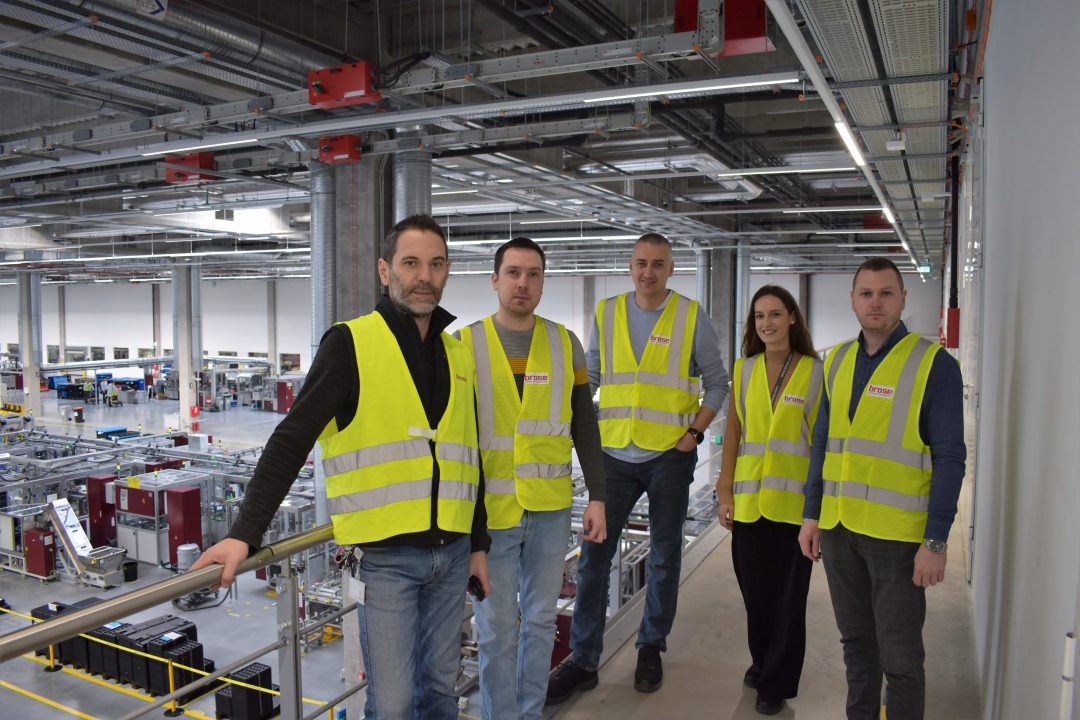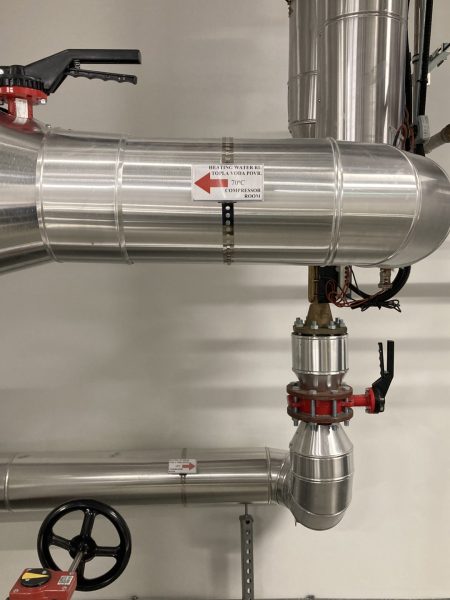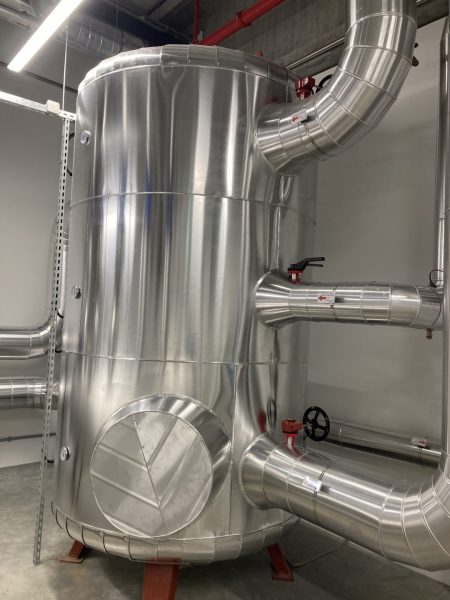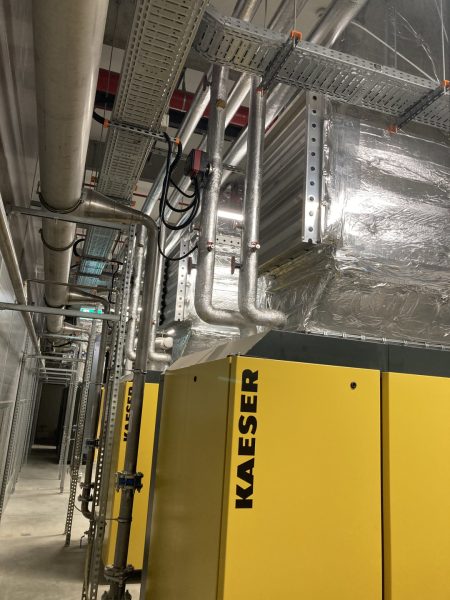The Brose Group develops and produces mechatronic components and systems for cars at 70 locations in 25 countries worldwide. Its customers include around 80 automotive manufacturers, 40 automotive suppliers but also 50 e-bike manufacturers. In 2022, the family-owned company employed around 30,000 people worldwide, generated sales of 5.3 billion euros. Every second new car worldwide is equipped with at least one Brose product.
In March 2020, the Brose Group laid the foundation stone for a development and production center for electric motors and drives as well as electronics in Serbia. Brose currently manufactures cooling fan motors and electronics as well as electric oil pumps, in Pančevo, just 20 kilometer east of Belgrade.
Following a five-day-training in the German-Serbian Chamber of Industry and Commerce, the Energy Scouts Marija Lazarević, Igor Knežević, Jovan Grčić, Aleksandar Atanacković and Dušan Balaban identified potential savings in their workplace. By utilizing excess heat from compressors to for the hot water system, they were able to reduce the overall consumption of natural gas.
Make use of the excess heat and reduce consumption of natural gas
In detail, three hot water low-temperature condensing boilers with 1.15 MW power output each are used for heating and preparation of hot sanitary water. The heating system is designed for a temperature range of 60/40°C in accordance with the needs of condensing boilers. The hot air from four compressors has not been used yet.
The Energy Scout-team recognized that the compressors would be an excellent source of heat and once integrated, would improve the overall system efficiency and reduce plant wide energy costs. So the planning phase started. Now four heat exchangers absorb the compressors heat and buffer it in a new tank, ready to support other heating demands. The waste heat utilization system from the compressor is 70 ºC/45 ºC and is used to pre-heat the return water from the entire heating system, which is usually at 40 ºC.
Practical conversions included a new pipeline from the compressor station to the heating substation on the mezzanine, which is connected to a new storage tank from which hot water will be supplied to all consumers in the factory. Noteworthy is the growth perspective – the utilization of compressor’s “waste heat” will increase in proportion to the total consumption of compressed air. As the plant is expected to grow in the coming years, air supply will grow as well and so will the available “waste heat”.
Heat Recovery
Compressed Air Systems
- Industry sector: automotive supplier
- Energy source: natural gas
- energy savings Potential: 144 MWh/year
- CO2 savings Potential: 151 t CO2/year
- Potential cost reduction: 5,168 €
- Investment costs: 25,000 €
- Payback period: 4.8 years
- Company:
Brose doo Pančevo
Ratarska ulica 142
26000 Pančevo
Serbia
www.brose.com
